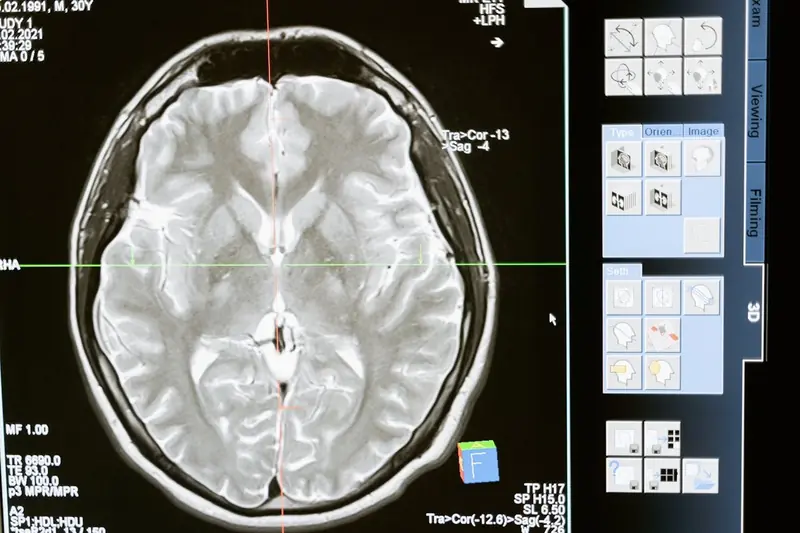
The speed at which our bodies age and wear down doesn’t necessarily align with a person’s chronological age. This discrepancy helps scientists predict life expectancy and disease risk. An international team of researchers has developed a new tool to assess a person’s biological age using just one brain scan taken during midlife.
The researchers created this tool by utilizing a wealth of health data from 1,037 individuals born in Dunedin, New Zealand, between 1972 and 1973.
Their health was meticulously tracked over an extended period. Based on these observations, the scientists compiled a comprehensive database that reflected the biological age of the participants. This data was used to train a tool the researchers named DunedinPACNI (Pace of Aging Calculated from Neuroimaging). In their work, it quickly correlates the pace of aging with brain markers, as reported by Science Alert.
The system can rapidly and accurately assess a person’s biological age, identify health risks, and predict the likelihood of various diseases, including dementia. This means that instead of spending time on numerous tests, a single brain scan is now sufficient.
What else is known about this innovative tool?
“This is really exciting because we have captured the aging rate of individuals using data about their health in middle age. This allows us to predict the likelihood of them developing dementia in older age,” said neurobiologist Ahmad Hariri from Duke University in North Carolina, USA.
He also explained that to assess aging rates, DunedinPACNI uses 99 key indicators of brain function, including the thickness of the cortex responsible for language and thinking, as well as the volume of gray matter.
The researchers tested their invention against data from other health research projects, encompassing over 50,000 individuals in total. The results confirmed that the tool effectively assesses biological age and predicts future health issues, such as cognitive impairments and heart attacks.
The researchers assert that in its evaluations, the DunedinPACNI tool typically outperforms other well-known contemporary methods. It has also been shown to account for differences among various demographic and socio-economic groups.
Predicting ailments should happen long before they arise
Often, a person’s body is older than their chronological age. Scientists believe that effective measures should be taken to reduce the likelihood of future health problems, and this should be done years or even decades before these issues become apparent. Changes in diet and physical activity are crucial.
The researchers are particularly interested in predicting the risk of various types of dementia, including Alzheimer’s disease. As the global population lives longer, dementia is affecting more and more people. The best way to combat this disease may be to prevent its onset.
“We hope that DunedinPACNI will become a new key tool for predicting and assessing the risk of diseases, especially Alzheimer’s and other types of dementia; it may also help better evaluate the progression of the disease,” Hariri said.
The study’s findings were published in the journal Nature Aging.
This is not the only recent research linking brain function to the speed of bodily aging. Recently, the website HouseWife reported on findings from other scientists indicating that the biological age of the brain determines a person’s lifespan.
